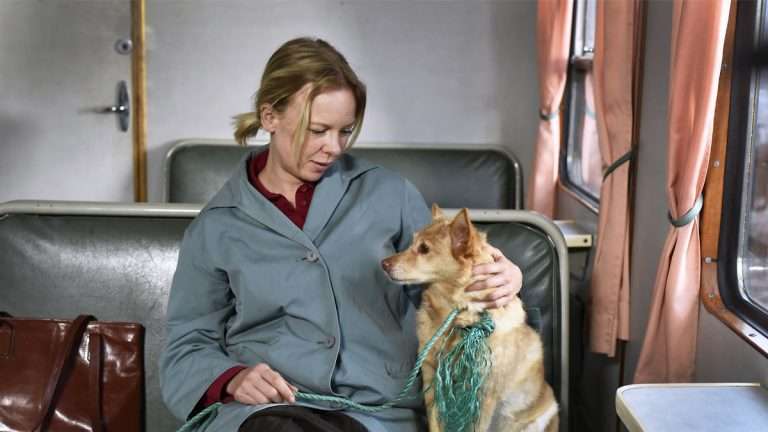Days become weeks, and weeks become… years? I’m sure there’s a unit of time missing in there somewhere, but what else can be expected when the bones of a franchise thought long dead are dug up for an impromptu resurrection? Such is the case with “28 Years Later,” the long-awaited return of Danny Boyle to the story that made him a household name at the turn of the millennium.
Some might argue Boyle already did just that in 2017, but what isn’t arguable is that “28 Days Later” lent itself far more organically to sequel territory than “Trainspotting” ever could, with its instantly iconic (and polarizing) use of pixelated digital cinematography and the foundation of a lasting mythos built right into the premise. Much as that original film acted as something of a reset button for Boyle after the tepid reception of “The Beach,” so too does “28 Years Later” hope to reinvigorate the English filmmaker’s drive to innovate after a stint in directors’ jail for crimes against the Beatles.
Continuing series tradition of abandoning all characters explored in previous editions, “28 Years Later” sets its sights on the remote vistas of the Scottish Highlands; the virus that infects living humans and turns them into mindless, murderous husks has been contained to the British mainland, and the rest of the world lives on uninterrupted.
The same, it would seem, appears to be true of the Scottish island community inhabited by Jamie (Aaron Taylor-Johnson) and his young son Spike (Alfie Williams). A community isolated by a bridge that disappears every day at high tide, life persists in about as normal a fashion as possible; they have everything they could possibly need, except perhaps doctors.
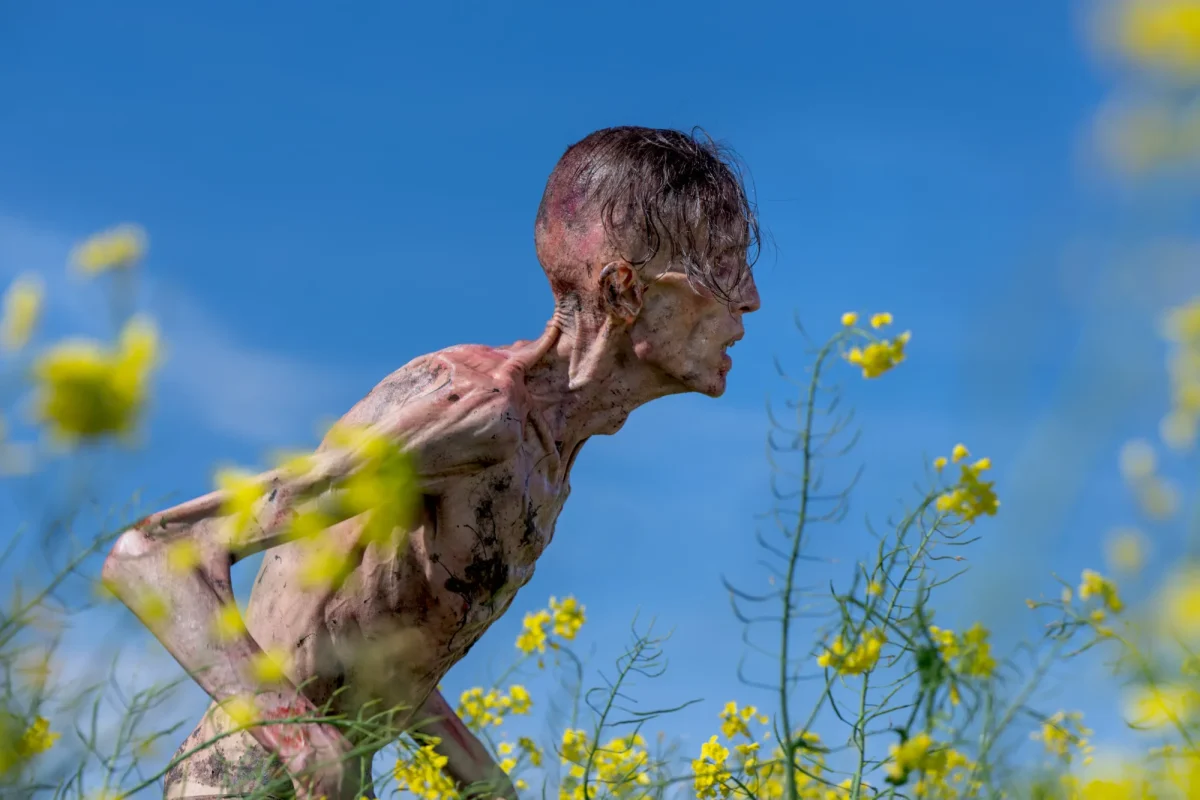
This becomes a real challenge in the case of Spike’s bedridden mother, Isla (Jodie Comer), whose mysterious ailment puts a massive strain on her mind and body. During Spike’s inaugural mainland trip—a communal rite of passage that sees him and his father venture into infected territory to secure a few symbolic kills—a distant fire leads him to understand that there may be a former physician living out in the wilderness after all. Only just returned from a near brush with death, Spike decides that it might be worth venturing out again, this time with his sick mother, in the hopes of understanding a disease that, in this case, might possibly have a cure.
Also Read: 15 Great Zombie Movies That You Need To See
Boyle’s isn’t the only return to the franchise worth celebrating (depending on where you stand), for “28 Years Later” also brings back original screenwriter Alex Garland. Excitement is surely rampant in the air for those of the mindset that Garland has written any remotely decent screenplays since “Annihilation,” but even those of us on the other side of the aisle can sit and hope that, like Boyle, this return to old ways might invoke a return to form. In this case, the result turns out to be something of a mixed bag, but no less mixed than either of the other two films in the series (yes, that includes “Weeks”).
From a logistical perspective (a perspective that shouldn’t really matter if the films are good enough to make you forget it altogether), each of the two prior entries, by virtue of their very titles, were operating in time-frames perhaps too condensed to curate the sort of sophisticated world-building they were trying to pass off amidst their similar “You know the real virus overtaking the world? Society” musings. This time, as you might expect, Boyle and Garland are far more equipped to build a new decrepit world out of the old.
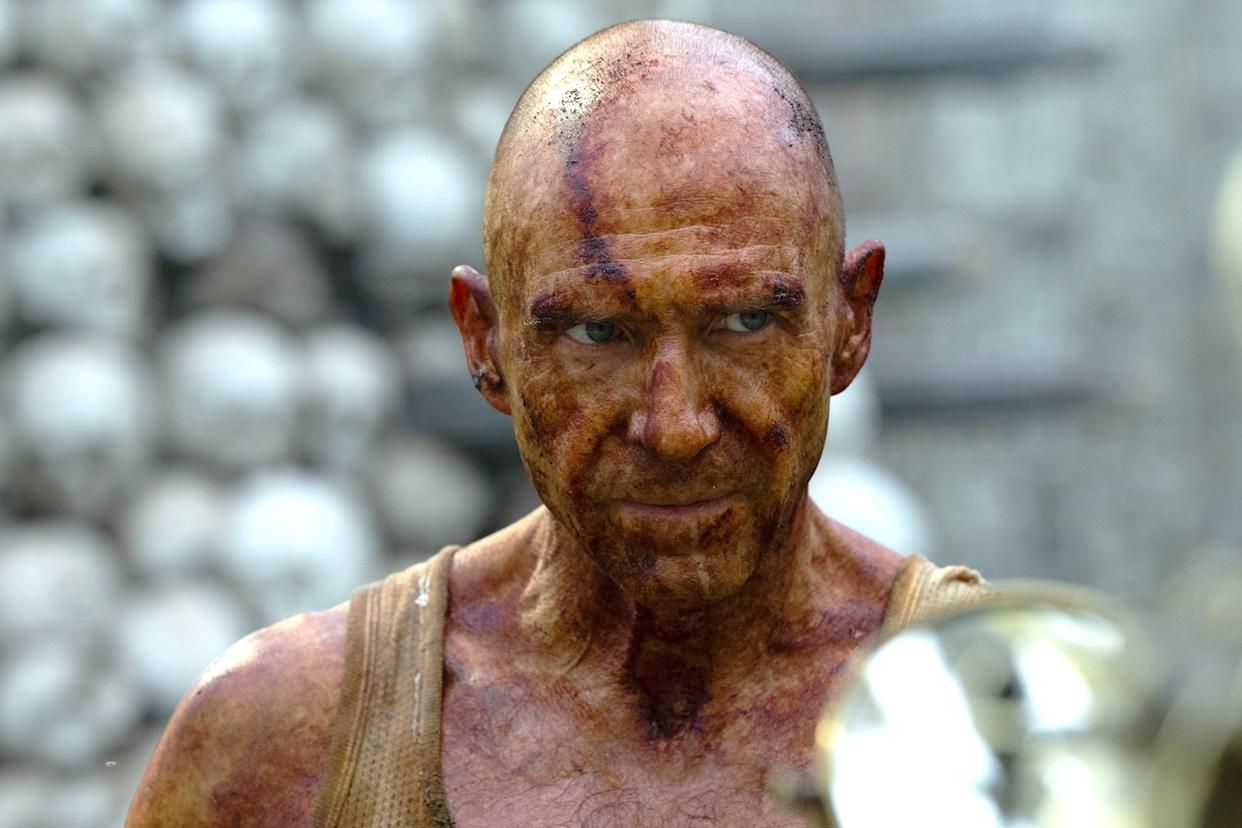
Boyle, for his part, rises to the challenge with just as much energy as the camera that made him such an exciting voice 23 years ago (they couldn’t even hold off another five years?). The crispness of the Scottish countryside is rendered a sudden bloodbath by Boyle’s staccato editing style, just as much as it risks being drowned out by the upgrade in digital camerawork. “Shooting on digital” certainly means a different thing entirely in 2025 than it did in 2002, so gone is the camcorder aesthetic of “Days” and in comes everyone’s favorite signal for scrappy modern cinema: iPhones, for better or worse! (Mostly, when the time comes for an artificial close-up, for worse.)
Garland, on the other hand, comes about as close to steady footing as we could hope from the man who just infected our screens with “Warfare,” his own thematic musings on humanity’s continued survival getting the job done insofar as the characters are given whatever room they can find to ponder the cost of their new existence.
If “Days” was about asking how humanity can survive, and “Weeks” was about asking how humanity can rebuild, then “Years” might be tantamount to asking how humanity can find a reason to do any of it at all. It’s through the penetrating power of Boyle’s relentless intimacy that the film squeezes its way through all of Garland’s empty spaces to make that sense of looming sacrifice felt amongst its solid cast.
In many ways, the scope of “28 Years Later” is far greater than that of either of the predecessors—its setting is far more vast, its universe far more integrated. In others, what Danny Boyle is offering in comparison to the bottled viscera of a London in shambles comes to be far more tender in its aims to reflect that sense of personhood that persists like a viral immunity. Gone are the days of hoping for a cure for the infected, just as there is no cure for the rot that corrupts the hearts of men; there is only, Boyle posits, the strength to persist and fight it off, one day and one soul at a time.



![The Seventh Continent [1989]: A Critique on the Emptiness of a Quotidian Existence](https://79468c92.delivery.rocketcdn.me/wp-content/uploads/2016/08/The-Seventh-Continent-3-768x456.jpg)
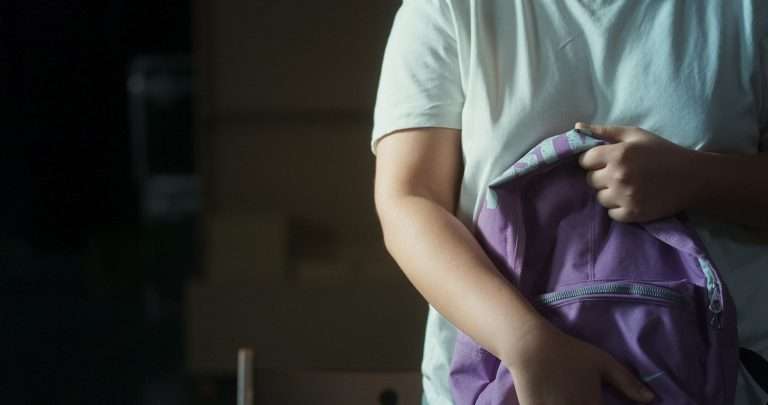
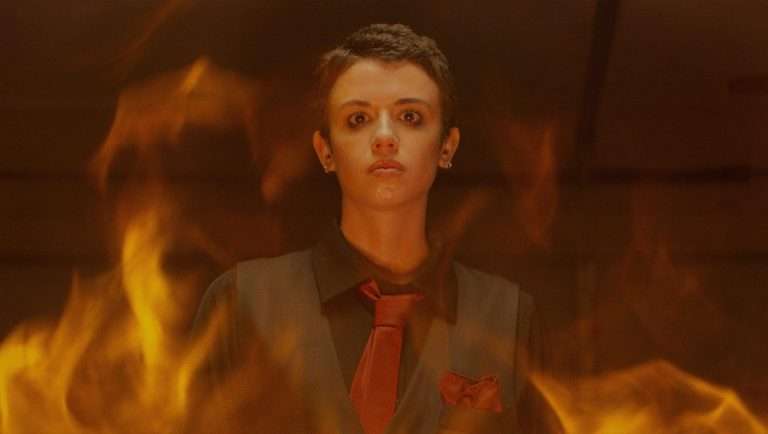
![Rome, Open City [1945] Review – A Powerful Lament on the Quiet Defiance of War-Afffected Italians](https://79468c92.delivery.rocketcdn.me/wp-content/uploads/2020/01/Rome-Open-City-1945-768x432.jpg)
![Cold War [2018]: ‘MAMI’ Review – An ode to restless love](https://79468c92.delivery.rocketcdn.me/wp-content/uploads/2018/10/NYFF_MainSlate_ColdWar_02-1600x900-c-default-768x432.jpg)
